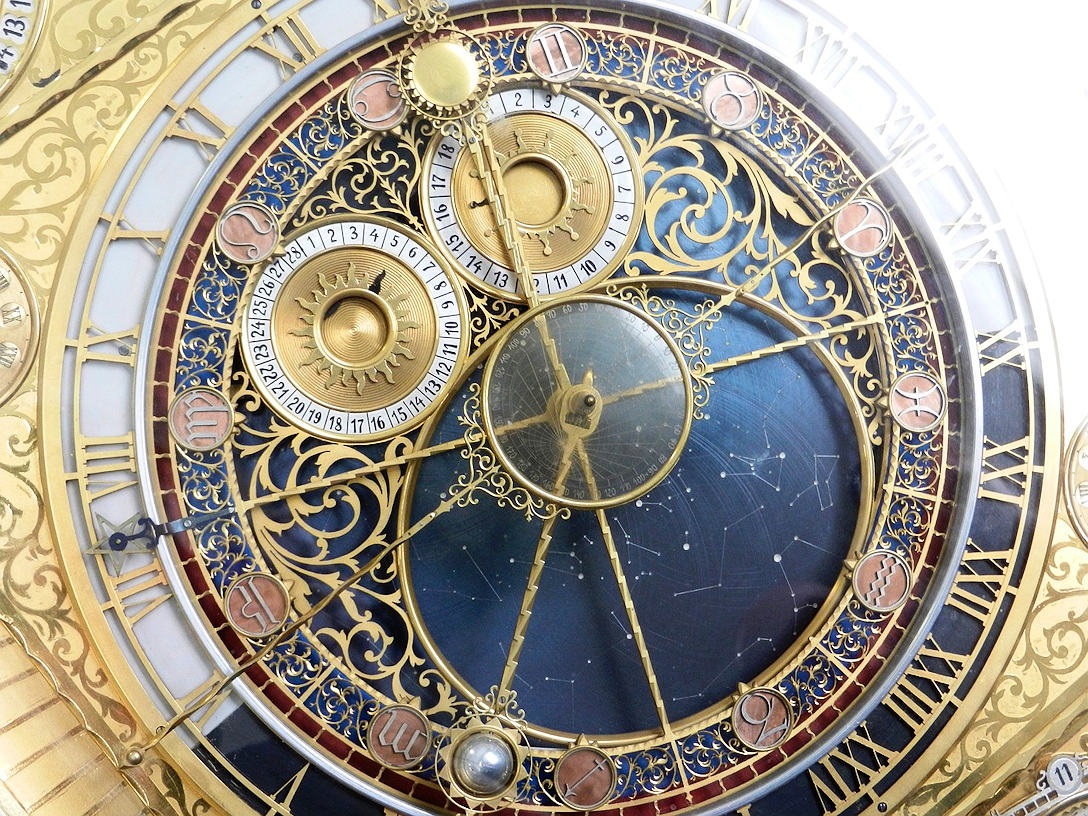In one of my classes, the question came up as to ‘why’ we should want to get back to recognizing Knowingness in our experience… Why is recognizing Knowingness in my day to day living good for me? I came across this passage from the book by Richard Dixey, ‘Searcher Reaches Land’s Limits’, which is NOT a TSK book. I always have to say that because the teachers don’t want us to confuse paths… since all paths are not the same, terms and concepts in one path don’t necessarily mean the same thing in another. So even though it’s NOT TSK, both paths focus on the point of conception, where Knowingness is dynamic and can be recognized. The beauty of TSK is that it’s a model designed to keep us inquiring… that at its essence we are invited to always open to Knowingness through ‘Inquiry’. So, I thought Richard Dixey expresses this inquiry and the reason for it well, and thus worth sharing. He says…
“What we are trying to do is to break the stimulus-response loop that causes us to be so pressured. Remember, what happens to us in our everyday experience is that initial sense impressions arise and we re-cognize them immediately. That immediacy creates a continual pressure to react, precisely because we don’t inhabit that moment of cognition: we have no space and no time to stop before our reactions have set off another sensory loop. We can’t stop the clock: we live in a world of continual change where there is always stuff coming at us. Because of this, learning to stop the clock is the secret of serenity. But you won’t become serene by sitting in a cave and trying to shut off sensory input: that will not stop the clock. All that will happen is that your internal senses will start generating their own inputs and drive you crazy in your solitude. The way to serenity is by taking control of the sensory inputs: they can still be operating, but you are no longer obligated to react to them the moment they arise.â€
PAGE 135, PARAGRAPH 2 From ‘Revelations of Mind’ by Tarthang Tulku: Mind can only recognize what time allows. We could “view time as a field of opportunity that mind enters in order to act. Immediately, as if suddenly enveloped in a gigantic hologram projection, we are presented with the whole context of our “reality: the sense of being, the sense of surroundings, and the sense of movement ‘from’ and ‘to’. Like a seed planted by mind in the field of time, this projection, developed and replicated throughout human history, is the model for each instant of experience. While the specifics change from moment to moment, the model is continuously replicated: it persists, unquestioned and unquestionable, perpetuating itself through the power of its own dynamic. We participate by embodying it and projecting into all we think and do.
“So, we are now beginning to take a look at how the metaphysical constructs that we create are operating as they happen, moment-to-moment. In particular, we are focusing on the point where mind enters in order to act. This is the moment of contact. Every experience that we have begins here: this moment of contact is where the world begins. Accessing the moment of contact is a universal key. If it’s accessible, it becomes the place where change is truly possible. Otherwise, change can only happen within a construct that’s already crystallized, which limits what changes can take place. But at the moment of contact—the moment of conception—change is absolute. That’s “the difference.
The seed that contact plants in the field of time is re-cognition. A phenomenon arises. It is grasped: “What is that?†It is re-cognized: “Oh, it’s a clockâ€: and then it is recognized: “I saw a clock.†And with the “I saw a clock,†all the associations of ‘I’, ‘clock’, and where ‘I am’, all come into being together. The whole world arises like a magical display. I am in it, the clock is “in it, everything else is in it. But right at the very beginning of conception, none of that was present—it was just a shimmering display.
That seed of recognition is planted, and its fruit is the whole world: and that’s repeated again and again, from moment to moment, by every single sentient being.â€
….’Searcher Reaches Land’s Limits’, by Richard Dixey, p 309-10 [Emphasis added]

